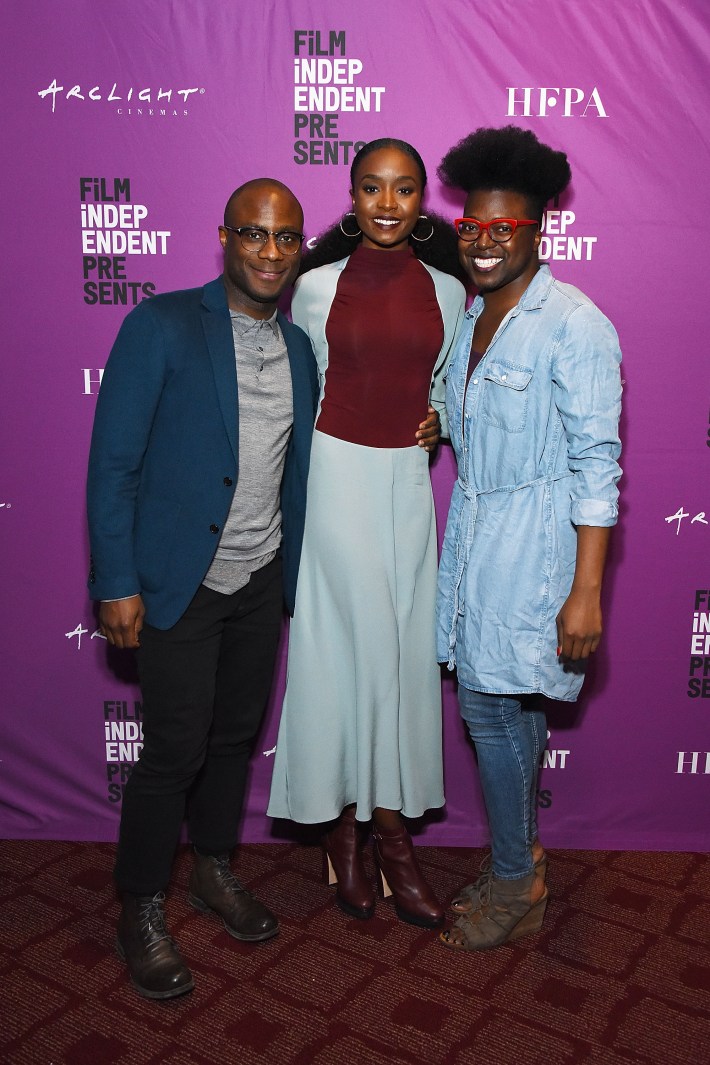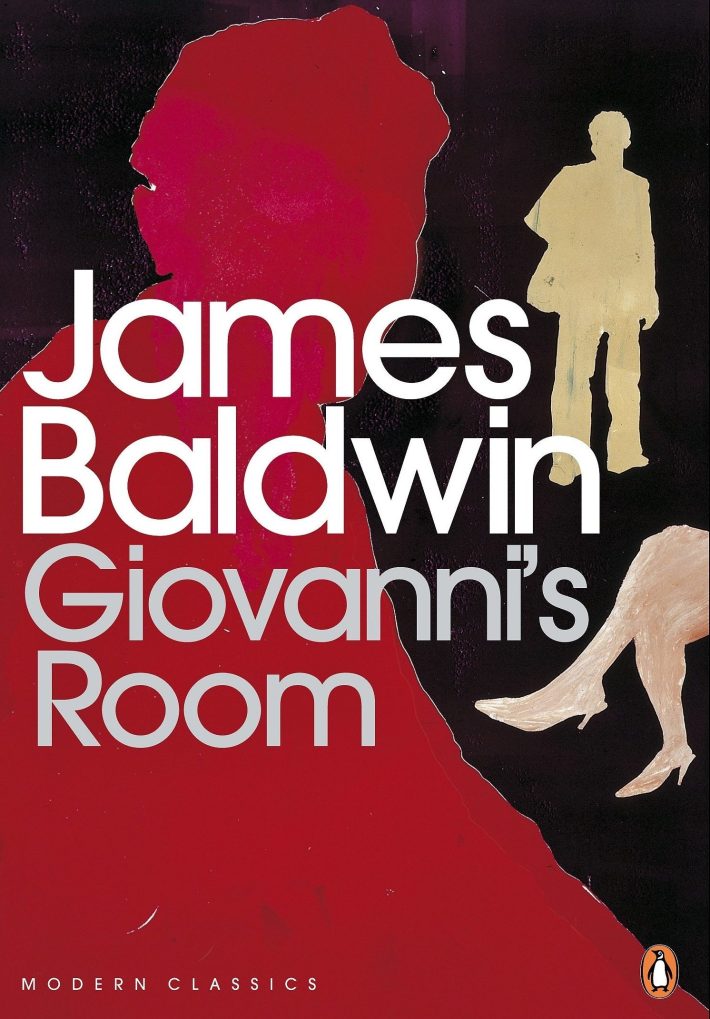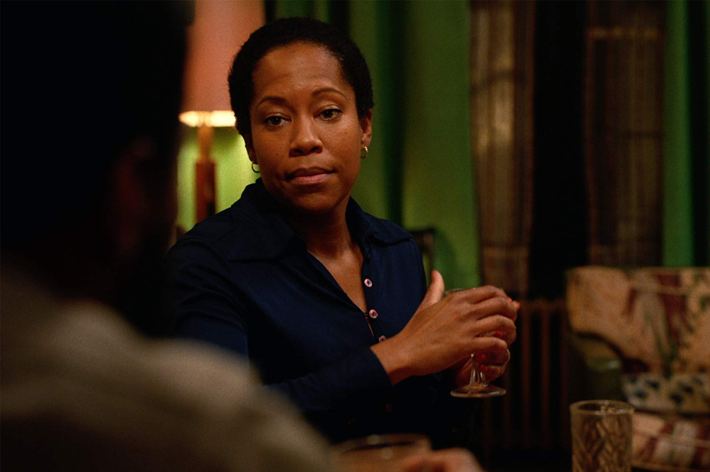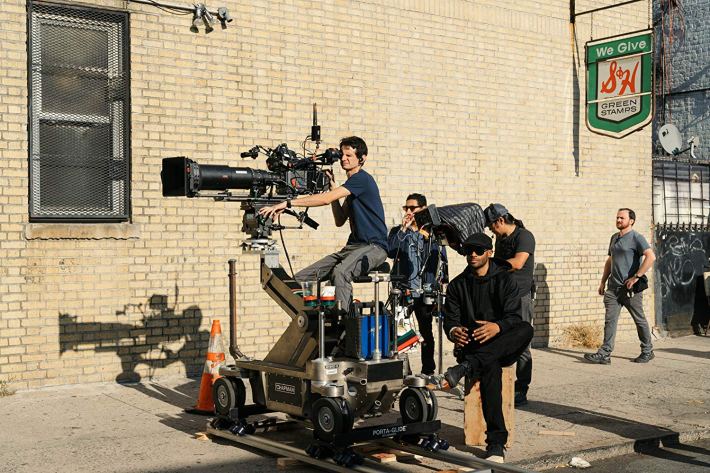[dropcap size=big]B[/dropcap]arry Jenkins's If Beale Street Could Talk is the best kind of love story. It's the type of film that shows all sides of love – the happy moments, the painful ones, and the indescribable. Beale Street explores a pivotal time period in black culture, the early 70s, but the film also touches on many subjects relevant to my own life, as a young black man living in America today.
Set in Harlem in the early 1970s, Beale Street instantly tosses viewers into the lustful and young engagement of soul-mates, Fonny (Stephan James) and Tish (Kiki Layne). It continues as a non-linear narrative that shifts from memories to present time, as Tish and Fonny navigate starting a family while Fonny is incarcerated for a crime he did not commit.
The 2-hour adaptation of James Baldwin's 1974 fictional novel by the same name stars James (Selma), first-time feature film actress Layne, Regina King (The Leftovers, Ray), and Brian Tyree Henry (Atlanta).

Last Wednesday, Jenkins sat down for a brief Q&A session with Out Magazine’s Tre’vell Anderson and Beale Street lead Layne, following an advanced screening at ArcLight Hollywood. L.A. Taco also attended.
Jenkins said he was first introduced to the work of James Baldwin back in his sophomore year of college, after a failed relationship. His ex-girlfriend told him squarely at the time, "You need to read James Baldwin."

Jenkins subsequently read Giovanni's Room (1956) and The Fire Next Time (1963), but it wasn't until he thumbed-through Baldwin's lesser known If Beale Street Could Talk (1974) years later that he really connected with the author's voice in a way that changed him forever.
Jenkins wrote the script for Beale Street in 2013, prior to even having the rights to adapt the story. Baldwin's work has never been translated into an American major motion picture. So to win over the Baldwin estate for the first-time, Jenkins sent the estate second-hand copies of his first independent feature, Medicine for Melancholy, in an effort to present himself genuinely. The gesture was received warmly.
Jenkins's adaptation of James Baldwin's novel ultimately stays true to its source material and borrows most of the authors dialogue verbatim. Yet, Jenkins is still able to "step outside the shadow of Baldwin," as he put it, by casting actors that could breathe contemporary voices into Baldwin's characters.
"I wanted to make a faithful adaptation. So it was just about trying to find a group of actors that could take the words of Baldwin and let them remain set in the period that they were written but yet somehow bring an almost contemporary ear to them."

After working hard to find two black actors that could embody the intense, loving bond between Tish and Fonny, Jenkins learned that Regina King was interested in playing Tish's mother. He built the rest of the cast, and Fonny and Tish's families, around King.
"Where I grew up, the family usually starts with a black woman," Jenkins explained.

The cinematography in Beale Street stands-out as some of the year’s best. The film was lensed by Oscar-nominated cinematographer James Laxton, one of Jenkins’s best friends,.
Jenkins and Laxton, who worked together on the Academy Award winning Moonlight, shot Beale Street on the Arri 65, a super-sized large format digital 65mm camera. The choice in-turn allowed the director to shoot at an incredibly shallow depth of field at times, and helped the pair film most of Beale Street on location in historic districts like Harlem, the Lower East Side, and SoHo in New York. Jenkins’s film has a vintage quality to it that makes you feel like you're living in the 70s.

Watching Beale Street, I found my eyes drawn to the smallest details of Jenkins's frame: Fonny's blood-shot eyes juxtaposed with Tish's pearly whites, as they're separated by a piece of glass; the graffiti on the interior of the subway cars; the fixtures and interiors of the New York tenements.
Throughout the film, Jenkins breaks the 4th wall in his signature portrait style. Jenkins employed this technique as a way to make the viewing experience more interactive and less passive, he said, similar to reading a book. The effect made me feel like the characters in the movie were checking in on me.

Jenkins and Laxton achieved this by spontaneously shooting direct-to-camera moments with actors in between takes on set. In one moment that stands out to me, the true villain of the story – the racist cop that arrests Fonny – looks directly at the camera with a smirk that sent chills down my spine. Ed Skrein, the actor who plays the cop, doesn't have much screen time in Beale Street, but he doesn't need it. It's through these powerful moments that Jenkins gets his point across.
In a literal sense Beale Street is a place in Memphis referenced by The Father of the Blues, W.C Handy. But in a figurative sense it represents the universal black experience. Or as Baldwin puts it, “Every black person born in America was born on Beale Street."
"Like its source material, the film rhymes the bitter anger of social injustice with the visceral expression of the ecstatic. Who else has manifested such joy despite outsized suffering? You simply cannot rob black folks of the spirit of the ecstatic," Jenkins wrote in a December 2018 essay published by Esquire Magazine.
If Beale Street Could Talk, is now playing in select theaters in Los Angeles and other cities. It opens nationwide on December 25, 2018.
RELATED: Review: Sorry to Bother You is Poised to Be the Sci-Fi Summer Hit






